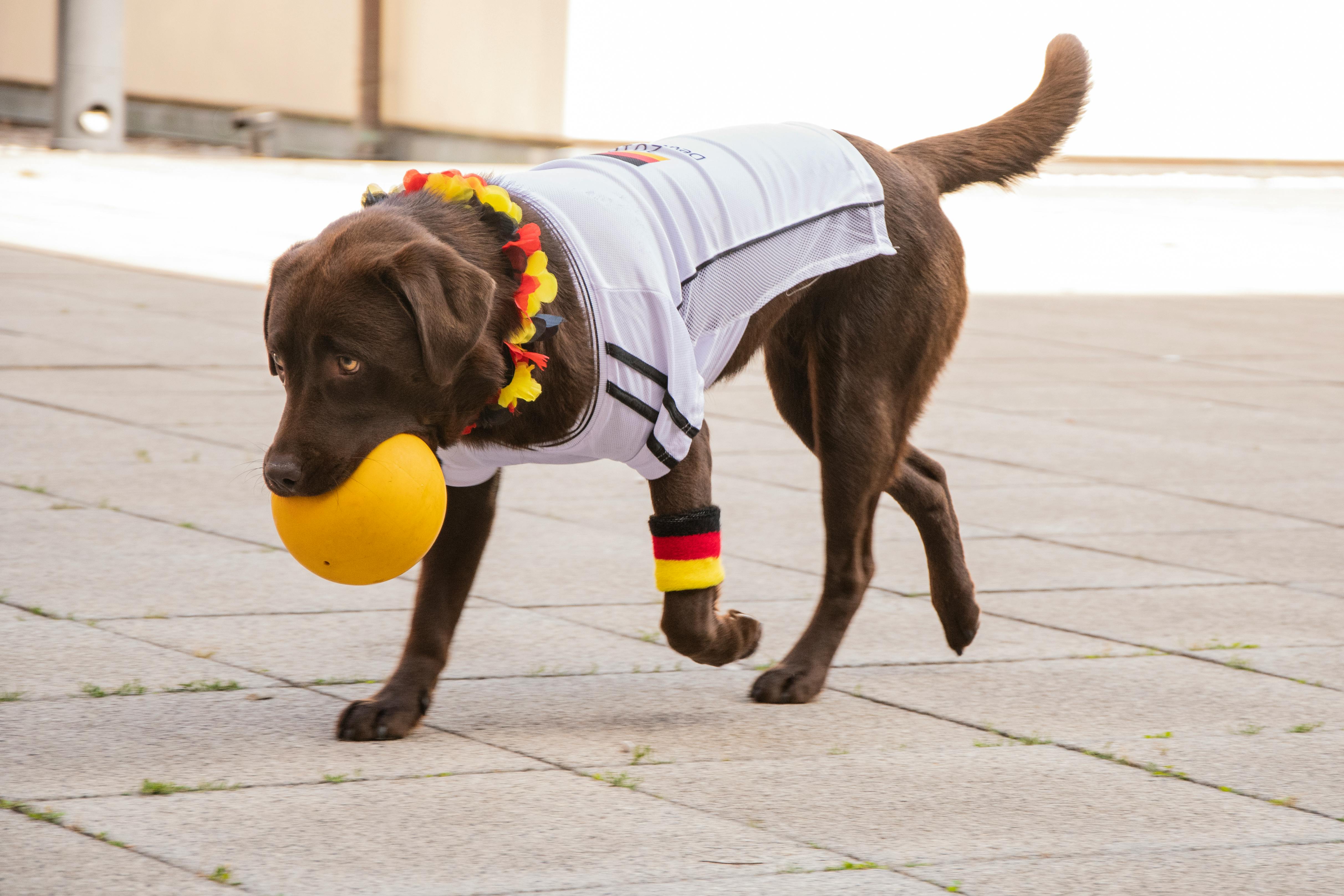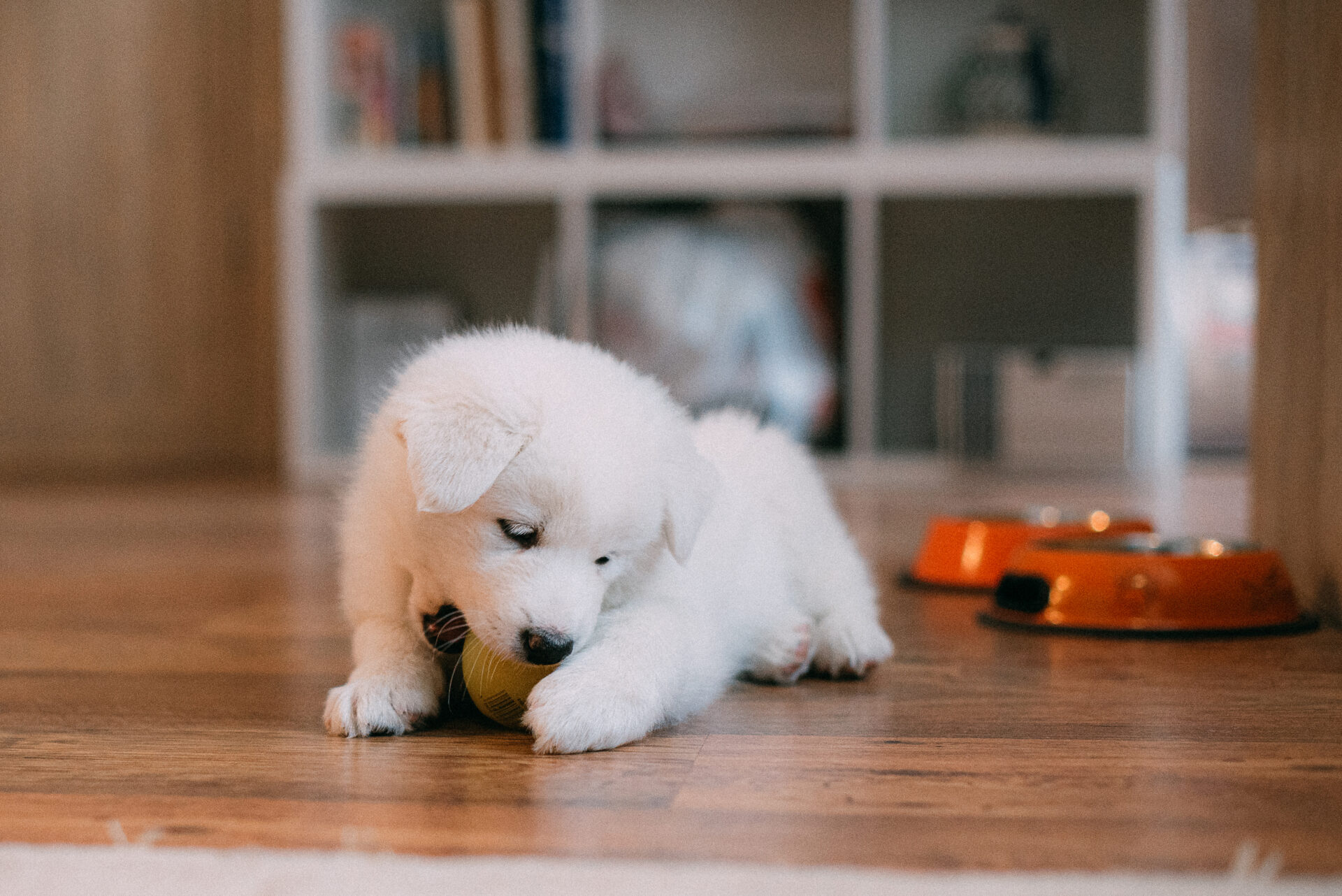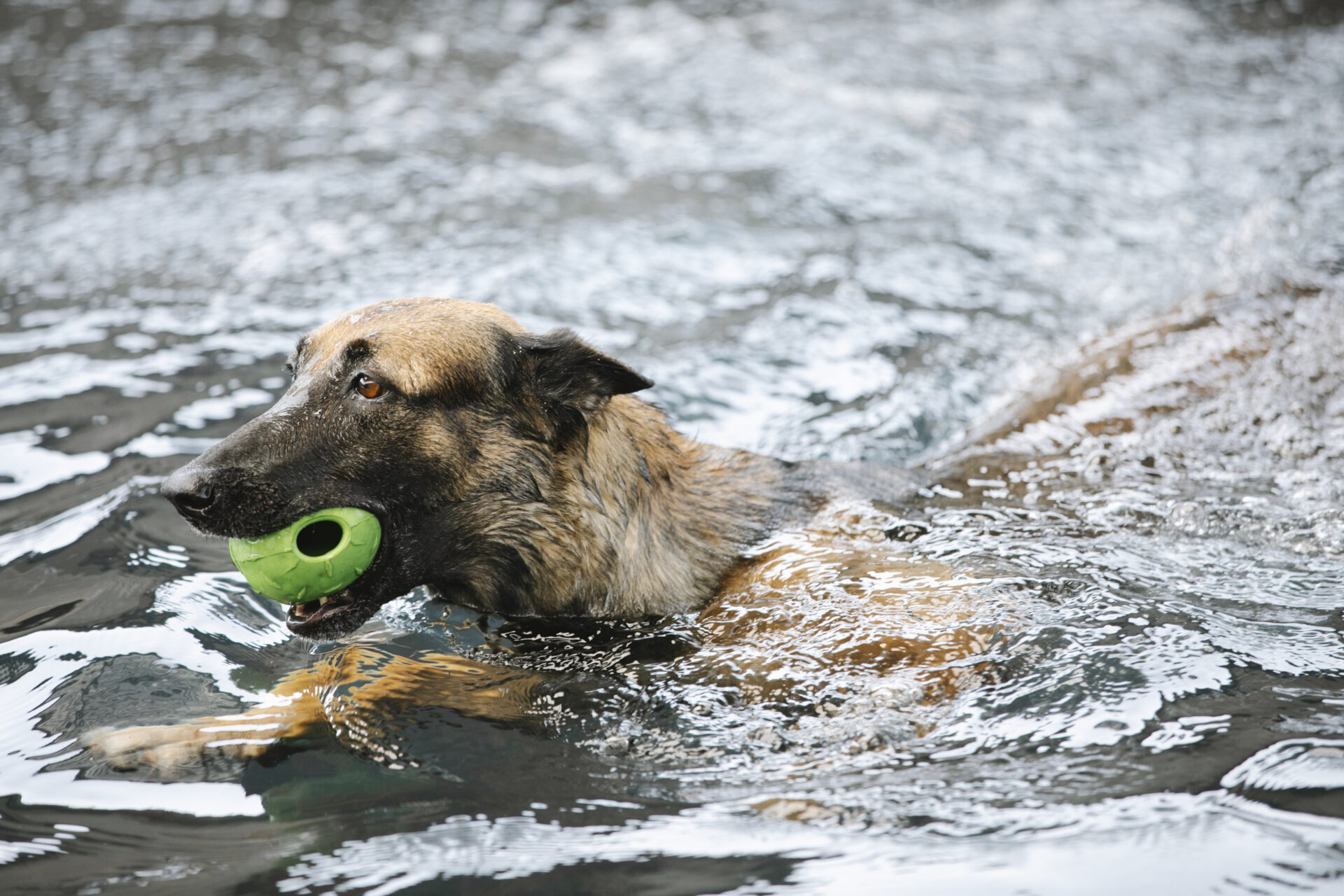Do ball pythons bite? This is a common question asked by many potential pet owners. Ball pythons are a popular choice for people looking to own a pet snake due to their relatively small size, docile nature, and wide variety of beautiful colors and patterns. While they may seem like an intimidating creature at first, ball pythons can make surprisingly gentle and affectionate pets if cared for properly. Although bites can occur, they are rare and often the result of improper handling or husbandry. In this article, we’ll discuss the likelihood of a live/” title=”How Long Do Ball Pythons Live”>ball python biting its owner as well as how to prevent it from happening.A ball python, also known as a royal python, is a type of non-venomous snake native to West and Central Africa. It is one of the most popular pet snakes in the world because of its calm demeanor and attractive patterned skin. Ball pythons typically grow to between three and five feet in length, although some can reach up to six feet. They typically live between 20 and 30 years in captivity, although they can live up to 40 years with proper care.
Do Ball Pythons Bite?
Ball Pythons are popular pets among reptile enthusiasts, and for good reason. They are easy to care for, docile, and come in a variety of colors and patterns. But one common question that many potential owners have is: do ball pythons bite?
The answer to this question is yes, they can bite. All snakes will bite if they feel threatened or agitated, and ball pythons are no exception. However, ball pythons generally have a very mild temperament and rarely bite unless they feel extremely stressed or threatened. If handled correctly, the likelihood of your ball python biting you is very small.
It’s important to remember that all snakes can bite if provoked or handled improperly. When handling your ball python, make sure you move slowly and calmly so as not to startle them. It is also important to never pick them up by the tail as this can cause them extreme stress and make them more likely to bite. Additionally, it’s important to wash your hands before handling your snake so that they don’t mistake the smell of food on your hands for prey.
If you do get bitten by a ball python, don’t panic! Ball pythons have very small mouths and their bites won’t usually break the skin. If you do get bitten, it is best to gently remove your hand from their mouth and put them back in their enclosure immediately.
In conclusion, although ball pythons may bite if provoked or stressed out, these bites are usually harmless and should not be cause for alarm. With proper handling techniques and regular care, it is unlikely that your ball python will ever bite you at all!
Why Do Ball Pythons Bite?
Ball pythons are generally gentle and docile snakes, but they can become defensive or aggressive when frightened or provoked. Biting is a natural defense mechanism for any animal, and ball pythons are no exception. When they feel threatened, their first instinct is to curl up into a tight ball and bite whatever is closest to them. Ball pythons may also bite if they feel uncomfortable or scared, if they are disturbed while sleeping or eating, or if they are handled too roughly.
It’s important to remember that ball pythons are wild animals and don’t enjoy being handled like a pet. They need to be treated with respect and given plenty of time to adjust to their environment before attempting to handle them. It’s also important to never grab the snake by its head, as this can cause it great distress. When handling a ball python, it’s best to do so in a slow and gentle manner, allowing the snake plenty of time to adjust before moving it around too much.
It’s also important to keep in mind that ball pythons may bite as part of their feeding response. If the snake is hungry and senses food nearby, it may mistake your hand for food and try to take a bite out of it. To avoid being bitten while feeding your ball python, always use tongs or tweezers when handling live prey items such as mice or crickets. This will help ensure that the snake does not mistake your hand for food.
Finally, remember that ball pythons can become stressed if they are exposed to loud noises or sudden movements. If you notice your snake becoming agitated or displaying signs of stress such as hissing or striking out with its head, give it some space and allow it time to calm down before trying to handle it again. With proper care and respect for their needs, ball pythons can make wonderful pets that you can enjoy for many years to come!
How Serious Are Ball Python Bites?
Ball python bites can range from a minor nuisance to a serious medical emergency. While these snakes are generally docile and not known to bite, there are certain situations that may provoke them. The severity of the bite will depend on the size of the snake and where it strikes its prey. In some cases, a ball python bite can be extremely painful and even cause infection if left untreated. It is important to understand the risks associated with ball python bites in order to take proper precautions when handling these snakes.
The most common type of ball python bite is one that is quick and shallow, resulting in only minor bleeding and pain. These bites are usually not serious and can be managed at home with basic first-aid techniques such as cleaning the wound, applying pressure, and elevating the area. In more severe cases, however, a ball python bite may cause deep puncture wounds or lacerations that require medical attention. These bites can become infected if they are not treated properly, so it is important to seek medical assistance if symptoms persist or you experience any signs of infection such as redness, swelling, pus drainage, or fever.
It is also important to consider the size of the snake when assessing how serious a ball python bite may be. Smaller snakes have smaller teeth which may not penetrate deep enough into the skin to cause significant injury or bleeding. Larger snakes, on the other hand, have larger teeth which can cause deeper puncture wounds and more severe bleeding that requires medical attention.
In general, ball python bites are not usually considered to be overly serious but it is still important to take proper safety measures when handling these animals in order to avoid any potential complications. If you do experience a ball python bite always clean the wound thoroughly with soap and water and seek medical attention if symptoms persist or become worse over time.
How to Avoid Being Bitten by a Ball Python
Ball pythons are generally docile creatures, but like any other animal, they can bite if they feel threatened or mishandled. To avoid getting bitten by a ball python, it is important to understand their body language and to take the necessary steps to ensure their safety and comfort. Here are some tips to help you prevent being bitten.
One of the most important things to remember when handling a ball python is to be gentle and slow. Move slowly and quietly when approaching or interacting with your python and always give them plenty of time to adjust to your presence. Avoid sudden movements or loud noises that could startle them. It is also important not to squeeze or grab them too tightly as this can cause discomfort and lead to an aggressive reaction.
When it comes to feeding your ball python, it’s important to use caution as well. Always wash your hands before handling food items for your snake, and never handle live prey in front of them as this can cause them stress and make them more likely to bite. If you are using frozen prey items, make sure they are completely thawed before giving them to your snake as sudden changes in temperature can also trigger an aggressive reaction.
Finally, make sure you provide a safe, secure habitat for your ball python. Keep their enclosure away from areas with high foot traffic or loud noises that could scare them easily. Provide plenty of hiding places within the enclosure so that they have somewhere comfortable and secure if they ever feel threatened or stressed out.
By following these tips, you can help ensure that your ball python feels safe and secure in its environment, reducing the chances of it ever biting you or anyone else who may come into contact with it.

How to Handle a Ball Python That Bites
Bites from ball pythons can be painful and should be taken seriously. While bites are a normal reaction in snakes, it is important to take the proper steps to handle a ball python that bites. The following steps will help you understand how to handle a ball python that bites and prevent future incidents.
The first step in handling a ball python that bites is to identify why the snake is biting. Most of the time, ball pythons bite out of fear or defense, so it is important to look for potential triggers and remove them from the environment. If the snake has recently been handled, it may have become stressed or scared due to rough handling or sudden movements.
The next step in handling a ball python that bites is to avoid being bitten again. It is important not to provoke the snake by trying to remove it from its enclosure or handle it again without taking precautions. Wear gloves when handling the snake, and always move slowly and calmly with no sudden movements.
Finally, if your ball python does bite you, stay calm and do not panic. Gently remove your hand from its mouth and do not try to pull away too quickly as this could cause further injury. After removing your hand, make sure the wound is cleaned with soap and water before applying an antibiotic ointment if necessary.
What to Do If You’re Bitten by a Ball Python
If you own a ball python, or any type of snake for that matter, it is important to know what to do in the event of a bite. Being bitten by a ball python can be painful and even cause infection if not treated properly. Here are some steps to follow if you are bitten by a ball python:
First, remain calm and try to relax your body. When animals sense fear, they may become more reactive and aggressive. It is important to stay still so that the snake does not feel threatened and can be easily removed from your body.
Second, gently remove the snake from your body or clothing without hurting it. Make sure you have a firm grip and use two hands if necessary. Try not to pull too hard or too quickly as this may cause further injury to both you and the snake.
Third, wash the affected area with soap and warm water for at least five minutes to help reduce the risk of infection. If possible, use an antiseptic solution such as hydrogen peroxide or iodine. Apply pressure with a clean cloth or bandage if needed in order to stop any bleeding.
Fourth, seek medical attention if necessary. If there is severe pain, swelling, redness or pus in the wound area then contact your local doctor immediately for further treatment advice. It is also recommended that you take pictures of the wound for documentation in case of infection or other complications down the track.
Finally, monitor yourself over the coming days/weeks for any signs of infection such as redness, swelling or fever. In most cases bites from ball pythons are harmless but it is still important to take all necessary precautions as outlined above in order to ensure your safety and wellbeing.
What Happens If a Baby Ball Python Bites You?
If you’re a first-time snake owner, the prospect of being bitten by a baby ball python may seem scary. But fear not – baby ball pythons rarely bite and usually only do so when they feel threatened. That said, it’s still important to know what happens if a baby ball python does bite you.
First and foremost, it’s important to note that a baby ball python bite is rarely dangerous. These snakes have small teeth and typically don’t have enough venom to cause serious harm to humans. The most you can expect from a bite is minor pain and swelling.
If you are bitten by a baby ball python, the best thing to do is to immediately clean the wound with soap and water. This will help reduce the risk of infection while also helping to stop any bleeding that may have occurred. It’s also important to seek medical attention if the wound is severe or if there are signs of infection such as redness or swelling around the area.
It’s also important to remember that baby ball pythons can carry bacteria in their mouths, so it’s essential to practice good hygiene after being bitten by one of these reptiles. This means washing your hands thoroughly with soap and water afterwards and avoiding contact with your eyes, nose, or mouth until you’ve done so.
Finally, it’s important to take steps to reduce the risk of being bitten in the first place. This means avoiding handling your snake for too long or when it’s feeling stressed out, as this can make them more likely to bite in order to defend themselves. It’s also important not to startle your pet by making sudden movements around them or moving too quickly when handling them. Taking these precautions will help ensure that both you and your snake stay safe and healthy!

Conclusion
In conclusion, Ball Pythons rarely bite as a defensive measure, and when they do, the bite usually isn’t severe. Although it’s not impossible for them to bite, it is highly unlikely. The best way to prevent a Ball Python from biting is to handle them properly and with respect. When it comes to Ball Pythons, the best defense is a good offense. Be sure to provide your pet with the proper care and environment that they need in order to stay healthy and happy.
Ultimately, Ball Pythons are gentle creatures that make great pets for snake enthusiasts. They are relatively easy to care for and can live long lives if given the proper environment and care. While Ball Pythons may look intimidating, they are actually quite docile and rarely bite when handled properly. Therefore, if you are looking for an interesting pet snake that won’t cause too much trouble, then the Ball Python might just be the perfect choice for you!




